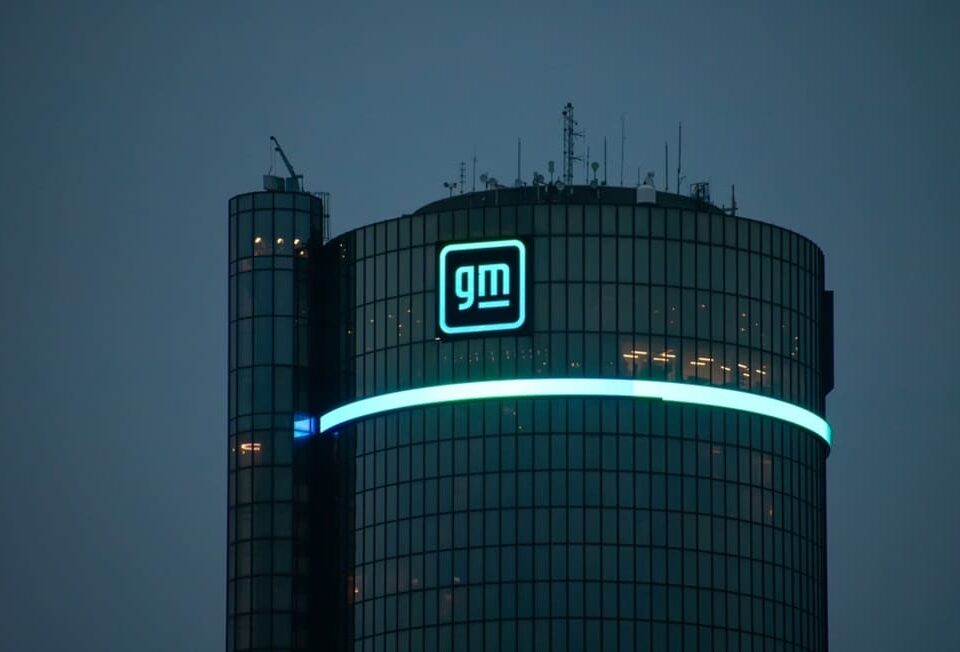- Have any questions?
- 888-432-8878
- steve@sebackground.com
Gross misconduct has been interpreted in different ways by different companies. An organization can place certain offenses as gross negligence at work and employees are to obey them regardless.
There’s misconduct and gross misconduct. However, they both have meanings that are directed to relational offenses, but they are punished differently.
A company that has set rules for employees to live by while at work can, in turn, terminate individuals that fail to comply. However, there are patterns to follow before calling it off, especially if you don’t want to face a court at the end of the day.
The thing with gross negligence at work is that it poses a high risk to other employees and the organization at large. Employers have the right to dismiss any staff that do this. But the issue is that if such misconduct is not clearly stated or addressed to an employee on entering the company, dismissing that employee might be risky for a company.

We’ll discuss a few points in this article, which include:
- What is gross misconduct?
- Gross misconduct examples
- What to do to avoid unemployment charges
What is gross misconduct?
To understand and set the terms for your company’s policies, you’ll need to understand what it is. Gross misconduct is a serious offense that is committed by an employee in the workplace. It usually poses a threat to other employees or the company itself.
It can also be referred to as gross negligence at work. Employers do their best to hire the best candidates into their workplace, but on the contrary, some employees are out to cause problems—serious problems. There are so many ways in which an employee can display gross misconduct at work, and we’ll list out a few below.
Gross Misconduct Examples
There are so many gross misconduct examples, and a lot of companies have what they refer to as “gross misconduct.” Setting these examples all depends on what a company feels is a serious offense. However, we will provide a few very common examples, and they include:
- Physical violence: Physical violence can come in different ways. It could include fighting a colleague, which could result in serious injuries. It could involve bullying another colleague and hurting them physically.
- Theft: It is illegal to steal at work. It could be an employee stealing from other employees or an employee stealing directly from the company. This is a huge problem and could lead to the dismissal of such an employee.
- Opening a competing business: There are terms governing a workplace, and going against them is totally wrong. Some employees go as far as stealing the exact details of their workplace and adding them to a new similar company they are opening.
- Bribing: This can come in two forms; either an employee is the one bribing others or he/she is taking bribes from others. This shows gross negligence at work. It is unethical and unacceptable.
- Sexual harassment: An employee can make a work environment very uncomfortable for others by sexually harassing them. This causes fear and distrust for other employees.
There is a long list of gross misconduct, and these are just a few of them.
What to Do to Avoid Unemployment Charges
An employee who has been dismissed from his/her workplace now has the right to file charges if they feel they were wrongly dismissed. In such situations, your company will be called upon to address the issue.
However, if you are certain that your final penalty for gross negligence at work was carefully given, then you shouldn’t be scared of anything. To avoid facing such charges, you should follow these steps before giving a final penalty to such employees.
- Upon hiring an individual, make sure you go through their records carefully. Read through all they have done in past jobs and ask them questions. Don’t be in a hurry to avoid “had I known.”
- Next, organize your employee’s handbook to help list out all the terms and conditions of working in your company. List out all the offenses your company considers gross misconduct and you can add what possible penalties should be expected, if they are not adhered to.
- It’s expected that there could be problems with employees. Maintain records of any offenses they have committed and how you dealt with them. Record everything.
- When it comes to a serious offense, ensure that you carefully follow the process. Set up a fair committee that will look into the matter and allow such employees to speak for themselves. Ensure that the process is a fair one and then come to a conclusion. Most of the time, the penalty given could be a warning; the employee could get demoted or lose their job.
Conclusion
Gross misconduct is highly unacceptable, especially in the workplace, as it poses a serious threat to other employees and the company at large.
The post Defining Gross Misconduct in the Workplace appeared first on The HR Digest.
Source: New feed





